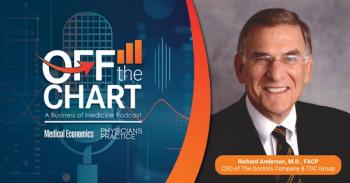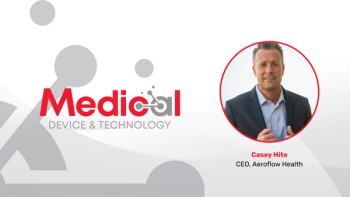
Payer support critical in making ACOs work, study says
Physician practices may not have the wherewithal to take on much payment risk in an accountable care organization, but commercial payers can provide the support needed to make a variety of risk-sharing models work. Read more to find out how those models work.
Much of the criticism of accountable care organizations (ACOs) as proposed by the Medicare Shared Savings Program has focused on the perceived inability of providers, particularly physician practices, to quickly assume payment risk.
A Commonwealth Fund
In an
“The accountable care organization model most likely to be successful will be a shared-risk arrangement between payers and accountable care organizations in which the health plan continues to bear some of the financial risk” because these models align incentives and create more positive, innovative relationships, said Crosson.
If providers and payers do not join together to make ACOs work, “public and private payers will probably be forced into across-the-board reductions in payment rates to providers,” he added.
The eight ACOs studied had payment agreements in place or proposed that ranged from risking bonus payments to losing baseline revenue or market share to absorbing expenses beyond an established global budget or capitation rate.
Providers in all the studied ACOs-whether multispecialty groups, hospital networks, or physician practices-consistently reported that they lacked the information technology, data, and analytical capability needed to effectively coordinate care, placing them at a disadvantage in negotiating and managing shared risk arrangements.
Payers have stepped up to assist with many of these challenges. While specifics varied by plan, payers frequently provided regularly updated data on performance and patient attribution, case management, disease management, and risk management tools; and consultative services to help providers increase operational efficiency and quality goals. Some payers even provided direct assistance with healthcare information technology needs.
Newsletter
Stay informed and empowered with Medical Economics enewsletter, delivering expert insights, financial strategies, practice management tips and technology trends — tailored for today’s physicians.






